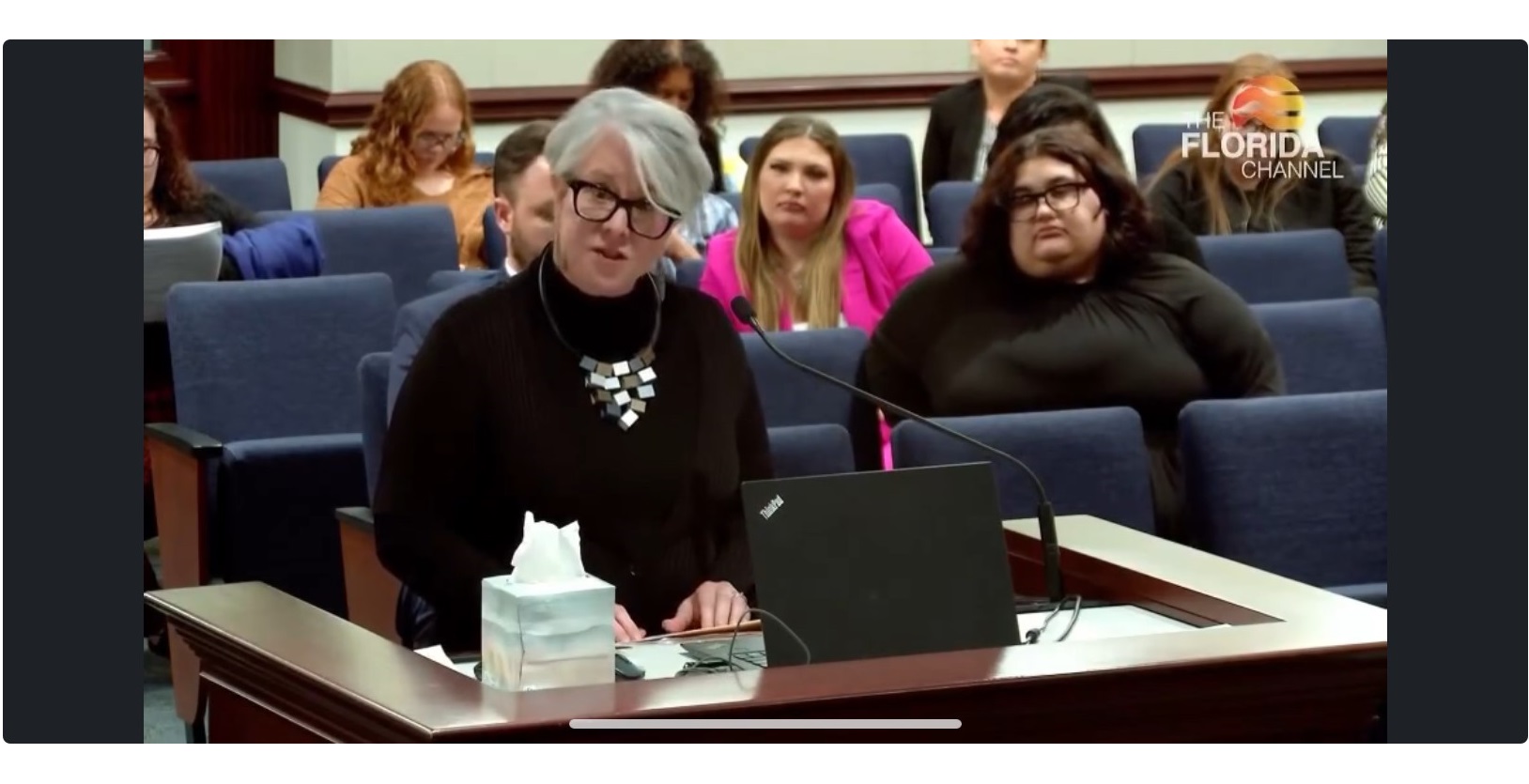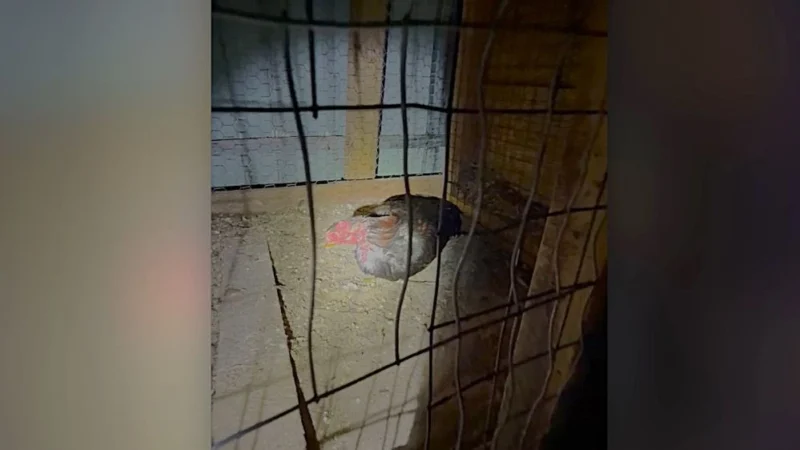After hearing horror stories of property being taken over by squatters, the Florida Legislature is taking action. Bills in both chambers would transfer certain rights to the owners instead of those who are wrongfully inhabiting their home.
A squatter is someone who moves into someone else’s property without permission.
“The police will not arrest them; they will not remove them from the premises. In fact, it is you that they will remove from your own house and tell you that they have no jurisdiction.”
Patti Peeples endured a hair-raising experience last year when she tried to sell a rental home in Jacksonville. She says the home had been refurbished and was vacant. Then, some folks moved in without her knowledge.
“Imagine for a moment that you leave from your day of serving the citizens of Florida as a senator and you return to your home,” she told the Senate Criminal Justice Committee. “But when you walk in, there are strangers sitting on your sofa, watching your TV, eating your food. You ask who they are and what they are doing, and they tell you that they have rented this house and present you with a lease.”
Peeples took video of her clashes with her squatters and the damage they left behind. She said they had a fake lease, and they refused to leave.
“The police told me that I was the one invading their privacy and would be arrested if I did not step off that property.”
Peeples says she lost a buyer for the home, and the squatters stayed there rent-free while the process took over a month to play out in civil court.
“I could not even set foot on my own property or enter the house even when I knew they were taking sledgehammers to the walls and ripping out plumbing,” Peeples said, “because the police told me that they had the right to privacy until the civil court decided they were illegally occupying my home.”
Peeples says the owner can’t turn off water or utilities on the people staying there. In her case, she says the squatters left behind nearly $40,000 worth of damage.
“The property owner has to spend their money on legal fees and has to go through a long process to remove somebody that is there illegally,” said Sen. Keith Perry, R-Gainesville, who has a bill (SB 888) to change that. It applies to squatters and to con artists who rent property that isn’t theirs.
“My daughter just went to rent a place in Tampa, lost her deposit because it was a fraudulent rent,” Perry said. His bill makes that action a felony. But it would impact innocent renters who were conned into signing a fraudulent lease.
The bill says anyone is presumed to be a squatter if they can’t produce certain documentation, like a rent receipt or a notarized lease agreement.
During public comment on the bill, Jackson Oberlink with the advocacy group Florida Rising said such documents often don’t exist. “Less than half of renters have a written lease as revealed by an analysis of Miami Dade evictions in August 2020, where just 47% of residential landlord tenant disputes had a written lease. Not only are written leases rare, but notarized leases are even rarer.”
Oberlink also criticized the bill for creating what he calls a dangerous loophole that could be used by landlords against legal tenants. “It puts renters at risk of forcible removal without a fair day in court, stripping away due process and leaving them vulnerable to arbitrary eviction.”
Under the bill, an owner may request the immediate removal of an unauthorized person by law enforcement. Family members are the exception. A person who is wrongfully removed can take monetary action against their ouster.
“In your home, the sanctity of your home, which I believe is your castle, and you can shake your head, but it’s my house, get out. That’s it.”
Sen. Jason Pizzo, D-Hollywood, is an attorney whose family owns rental property. He acknowledged the would-be renters who fall prey to scams.
“It was in the tens of thousands of cases during the Great Recession where we had vacant homes where people had defaulted on their mortgage and those homes sat vacant, especially Miami Dade County,” Pizzo said. “It happened hundreds and hundreds of times a month, that good-faith renters fell for the $1,500 too good to be true kind of situation.”
Pizzo voted for the bill. He said he hopes it will undergo some changes, like broadening how renters can prove they are in a home legally.
Still, he sees a clear conflict in the current law.
“If on a Monday, someone walks into my home while I’m in there, I can shoot them,” Pizzo said. “Yet Tuesday, if they beat me to the living room and the sofa, I can’t do anything about it.”
In addition to enabling the fast removal of squatters, the bill creates three new crimes. All relate to unlawfully occupying a dwelling or fraudulently advertising property for sale or lease.
The Senate bill and a similar House bill (HB 621) both have one more committee stop.
9(MDEwNzczMDA2MDEzNTg3ODA1MTAzZjYxNg004))







